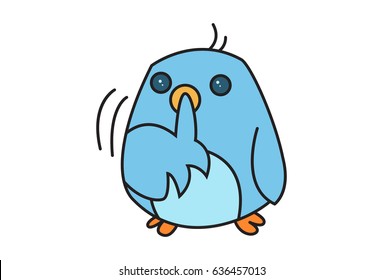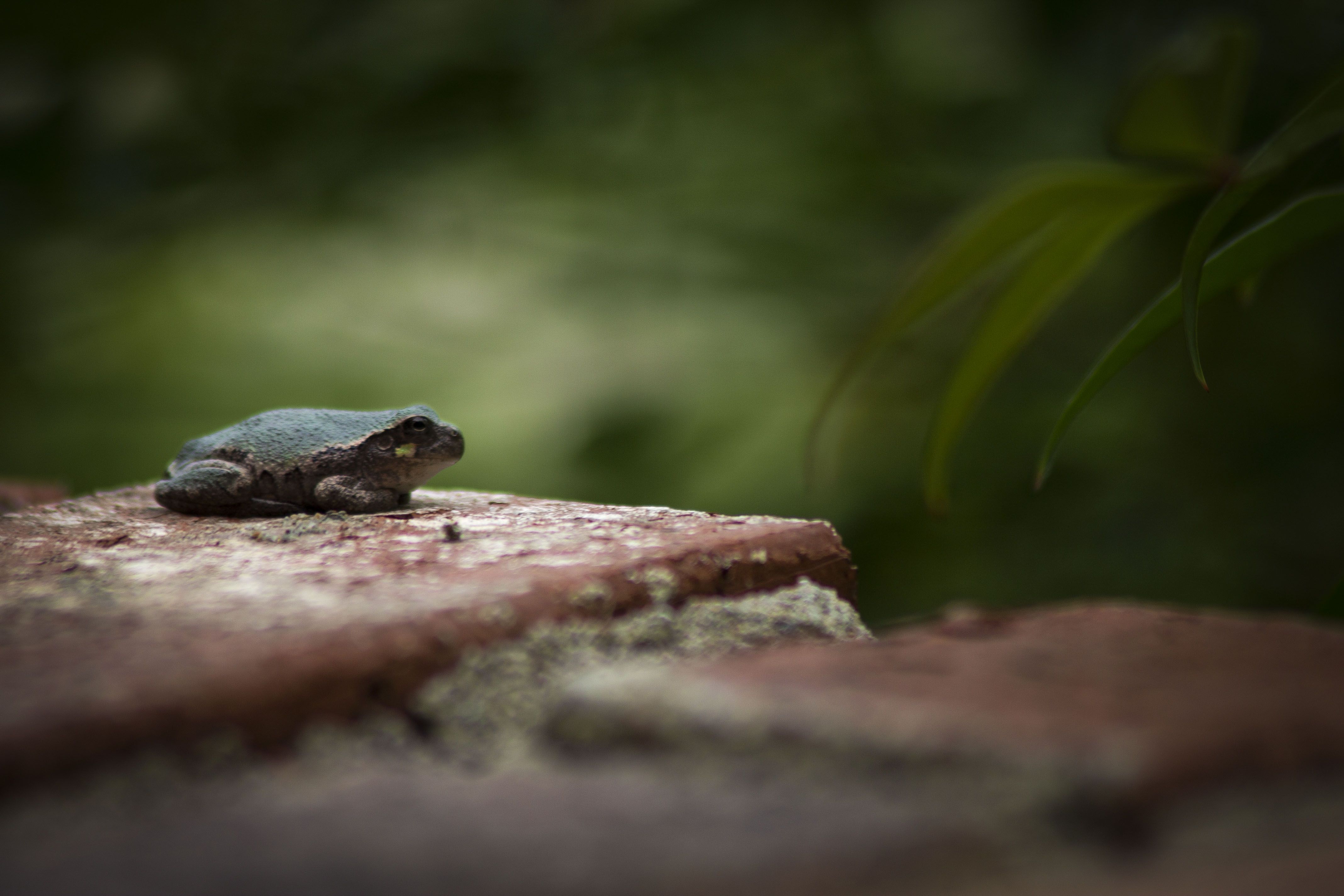

The Environmental Noise Directive aims to: Sloth Endemic to the rainforests of Central and South America, sloths are quiet and slow-moving mammals. They are small and quiet, only making soft squeaking sounds that are unlikely to be heard by any neighbours. This helps to reduce the harmful effects of noise and preserve quiet areas. The directive offers a common approach to avoiding and preventing exposure to environmental noise by reporting noise maps and action plans. The Environmental Noise Directive provides the primary legislative framework for achieving noise reduction in Europe. Reducing noise is a key objective under the EU’s Zero Pollution Action Plan and the Environmental Noise Directive (END). Goldfish: While goldfish are very quiet, they can make small noises while eating. Sharks: Sharks have specially formed scales that help them glide through the water noiselessly. It can cause various physical and behavioural issues in animals and increase their stress. Crabs: While crabs are very quiet, they can make raspy noises by rubbing their pincers together. Given noise’s negative impacts on a large portion of Europe’s population, environmental noise has become a significant concern for citizens and policymakers. The impacts of railway noise could potentially increase in the coming years due to more and faster trains. So next time you want to avoid a raucous crowd or just need some peace and quiet, check out these 10 creatures who never make much noise at all. As in the case of air pollution and climate change impacts, some communities and social groups might be more likely to be exposed to and affected by noise pollution. Although noise from railways and aircraft has a much lower impact in terms of the overall population, both are significant sources of local noise pollution. The animals listed in the article are chipmunks, squirrels, skunks, possums, raccoons, pandas, red pandas, and deer. This is often because they are small prey animals that can’t defend themselves very well. Many people are also affected by noise from aircraft and railways. Shy animals are those that tend to avoid humans and other predators. In many cities, more than half of the population is exposed to road noise levels above the World Health Organisation guidelines for the day-evening-night period. It can also affect children’s ability to learn. Health issues related to these exposures include annoyance, sleep disturbance, and cardiovascular and metabolic issues. Hummingbirds are both clever engineers and artists fairly antisocial yet magical and charismatic hardworking, far-migrating and perfectionists, yet randomly go into a "torpor" state of deep rest and slowed metabolic functions notedly big-brained, they recognize humans, and remember every single flower they've visited and when it will produce nector unique, they do things other animals don't and consider it normal.Living close to a road, railway or airport can be more than just a nuisance - at least one in five people in the EU are exposed to long-term noise levels considered harmful to their health.

You’ll find the list of the quietest animals below: Rabbits Tigers Giraffes Deer Hedgehogs Snakes Owls Spiders Jaguars Crabs Bobcats Crocodiles and Alligators Lizards Sloths Sharks Note: animals are ranked in order of their search volume.
.jpg)
) I humbly suggest the hummingbird as another possibility. In today’s article, we’ll be taking a look at 15 of the most quiet animals in the world. I have few close friends, yet am well-known in the community. Thing is, my ideals and leadership skills (I'm also a community organizer) have always brought on visibility. I know we're rare, but are we that rarely seen? Yes, some find me mysterious (when I'm working obsessively on my own and not socializing) as well as intuitive, and nurturing-I'm an energy healer/wellness practitioner, as well as an artist. Okay, they are adorable but inedible, change colors to blend in, and swim in pairs. :D Mixed feelings about the seahorse, hmmm. Omg, as an INFJ, your articles have brought me an unexpected wave of relief, self-acceptance (+ acceptance of others), and feeling understood.


 0 kommentar(er)
0 kommentar(er)
